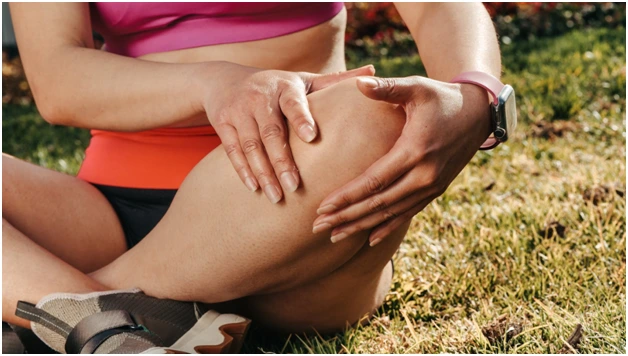Women enter menopause when their menstrual cycle ends forever. Hot flashes, sweats, mood swings, weight gain, depression, and other uncomfortable symptoms are common during the menopausal transition.
Bone mass can still be built up until the age of 35, but after that, the loss rate exceeds the rate of gain. Menopause and bone health appear to be negatively correlated since menopause has been found to have a disruptive impact on bone health. Let’s find out how!
Menopause & Osteoporosis
Hormone fluctuations, particularly variations in estrogen, are linked to the initiation of the menopausal transition. The density of bones begins to decline as estrogen levels drop after menopause. Osteoporosis is a disorder that leads to bone weakness/fragility. Early menopausal women and those who don’t have regular menstrual cycles are at a higher risk of osteoporosis.
Related Article: How to Transition Through Menopause in a Healthy Way?
Solutions
There are several recommendations to increase your bone density. Daily consumption of supplemental calcium can be of great benefit. This element is found in foods such as soy, almonds, salmon, and dark green leafy vegetables. Women should maintain a healthy weight level as it is linked to bone health; therefore, women should try to engage in daily physical activity. Vitamin D is critical and useful as it helps the body store calcium. Smoking, alcoholic beverages, and caffeine should all be avoided.
KÜLKUF Wristbands
Menopausal women experience unpleasant symptoms such as hot flashes and night sweats. KÜLKUF wristbands are a safe solution to instantly do away with irritating hot flashes and returning to everyday life. Still have questions? Please get in touch with us or visit our website for more information!









